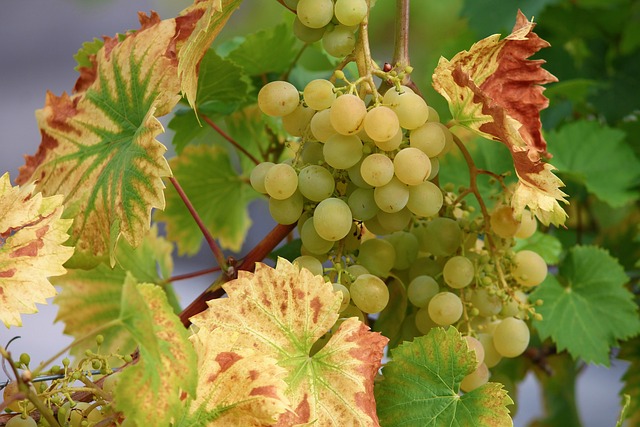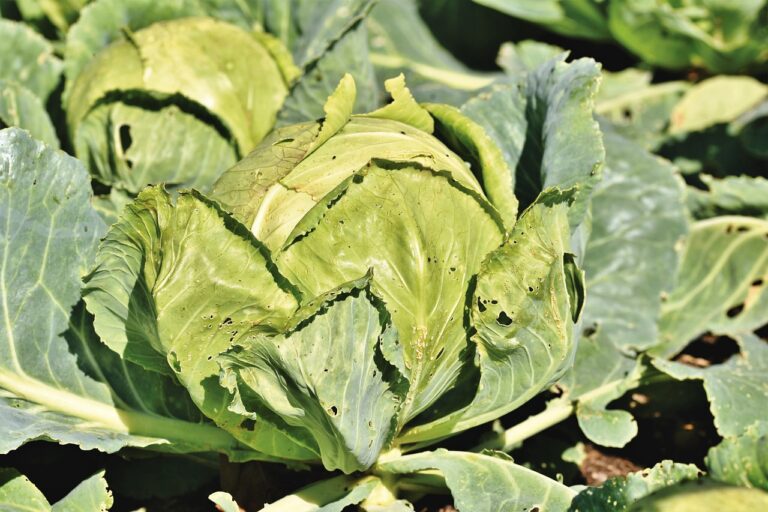The Impact of Food Industry on Water Resources: Sustainable Management and Conservation Efforts
Food production and water consumption are deeply interconnected, with agriculture being one of the largest users of water globally. Crop irrigation accounts for a significant portion of water usage in food production, with some estimates suggesting that it can consume up to 70% of freshwater resources in some regions. Livestock farming also requires substantial amounts of water for drinking, cleaning, and growing animal feed, further exacerbating the water-food nexus.
The challenge lies in balancing the increasing demand for food with the finite supply of water. As populations continue to grow, the pressure on water resources to sustain food production intensifies. Climate change further complicates this issue, as changing weather patterns can lead to droughts or floods that disrupt agricultural activities. Finding sustainable ways to optimize water use in food production is crucial to ensuring food security for both current and future generations.
Challenges Faced by the Food Industry in Managing Water Resources
Amidst the growing demand for food, the food industry is grappling with the challenge of managing water resources efficiently. Water scarcity, pollution, and climate change are pressing issues that pose a significant threat to sustainable food production. As water availability becomes increasingly unpredictable, food producers are under pressure to optimize their water usage without compromising on the quality and quantity of their output.
Additionally, the food industry faces obstacles in monitoring and regulating water usage across the entire supply chain. From agricultural practices to food processing and distribution, each stage requires a considerable amount of water, making it essential to implement stringent water management strategies. Without comprehensive water conservation measures in place, the industry risks exacerbating water stress and environmental degradation, underscoring the urgent need for proactive solutions to ensure the long-term viability of food production.
Innovative Technologies and Practices for Water Conservation in Food Production
Water conservation in food production is becoming increasingly crucial as global water resources face mounting pressures. By integrating innovative technologies and practices, the food industry can significantly reduce water consumption while maintaining operational efficiency. One example of such technology is precision irrigation systems, which optimize water usage by delivering the right amount of water at the right time to crops, minimizing wastage and ensuring optimal growth.
In addition to technological advancements, implementing sustainable agricultural practices can also play a key role in water conservation. Conservation tillage, cover cropping, and crop rotation are just a few examples of practices that help improve soil health and water retention, reducing the overall water footprint of food production. By combining these practices with innovative technologies, food producers can enhance their water conservation efforts and contribute towards a more sustainable and resilient food system.
How does food production impact water consumption?
Food production requires significant amounts of water for irrigation, livestock rearing, and processing, leading to high water consumption in the industry.
What are some challenges faced by the food industry in managing water resources?
Some challenges include water scarcity, inefficient irrigation practices, water pollution from agricultural runoff, and the high cost of implementing water conservation technologies.
What are some innovative technologies and practices for water conservation in food production?
Some innovative technologies and practices include drip irrigation systems, rainwater harvesting, water-efficient processing techniques, wastewater treatment and reuse, and precision agriculture technologies.
How can food producers implement water conservation practices in their operations?
Food producers can implement water conservation practices by investing in water-saving technologies, adopting sustainable farming practices, monitoring water usage, and educating employees on the importance of water conservation.







